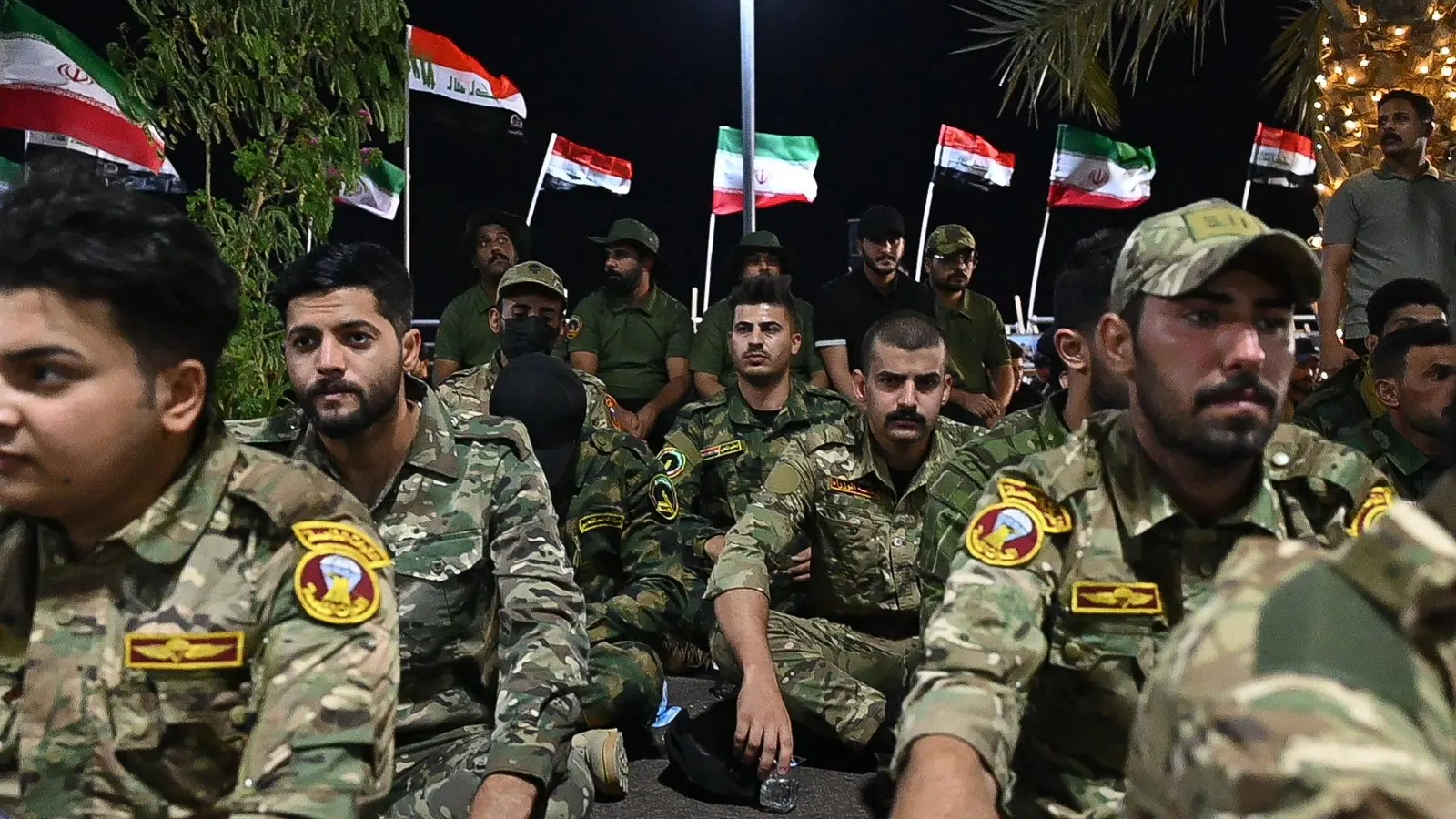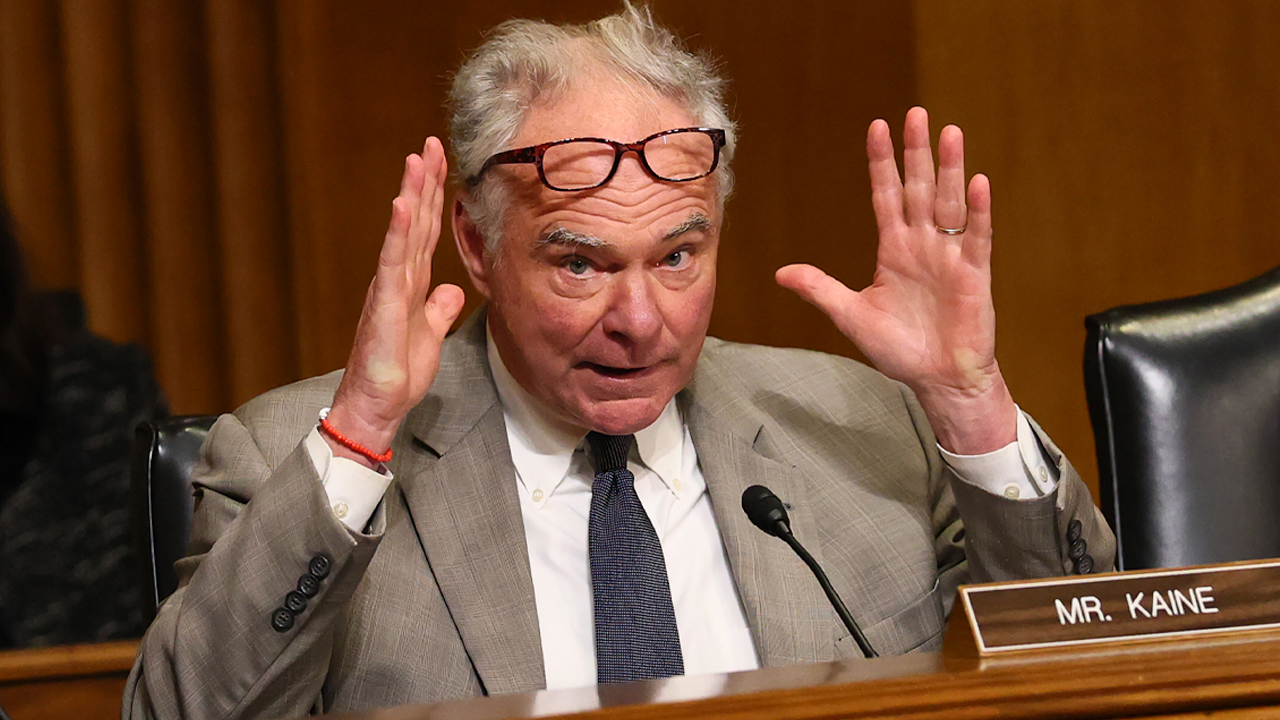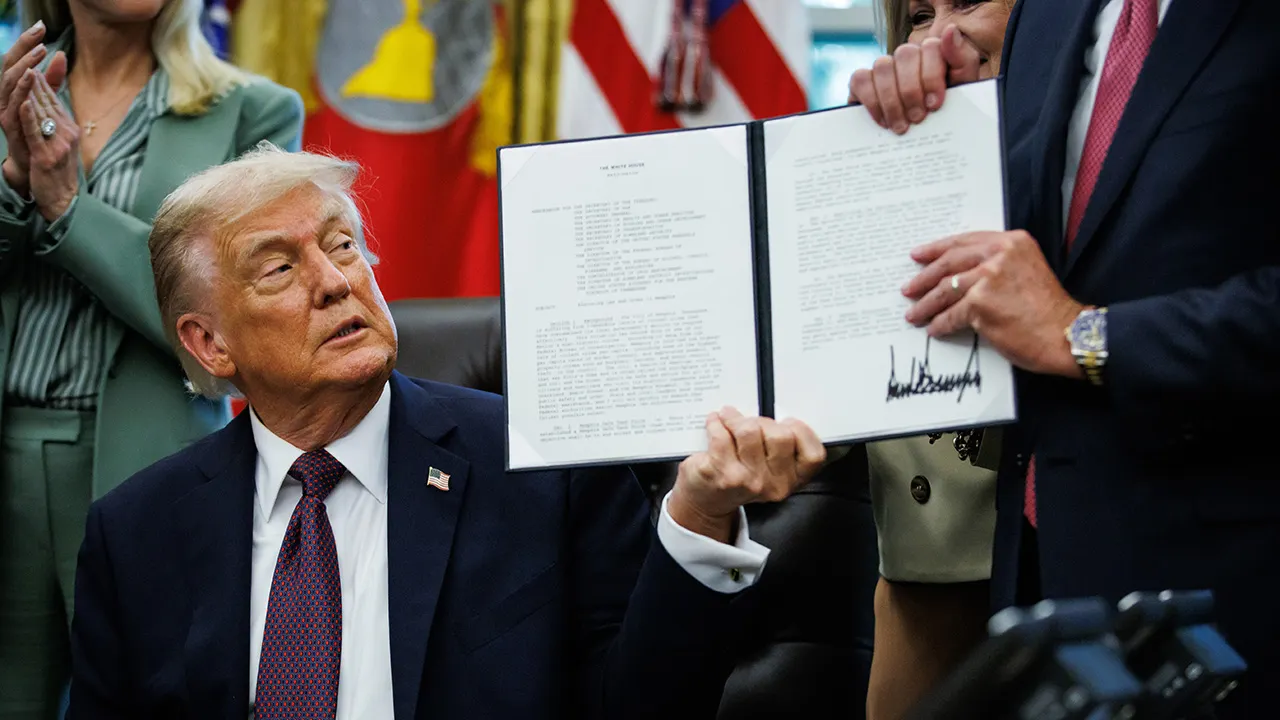Copyright Forbes

As Iraqis go to vote on Tuesday in one of the country’s most consequential elections in several years, Israel’s military and intelligence are making preparations for a repeat of the Oct. 7, 2023, attacks, this time by Iran-backed Iraqi militias. These militias, which also have influential political wings, seek to preserve their power in Iraq amidst the weakening of Iran’s self-styled regional Axis of Resistance by successive Israeli military operations. Analysts are skeptical that this means Israel and these militias could go to war in the near future, which could have dire ramifications for Iraq. A report in the New York Times on Sunday outlined how another Israel-Iran war is “only a matter of time,” as Tehran still possesses a stockpile of highly enriched uranium and is scrambling to build large numbers of ballistic missiles with the goal of firing 2,000 at Israel in a single strike if another war breaks out. At the same time, the Israeli military and Mossad intelligence agency are preparing for the possibility of an “Oct. 7-style attack” orchestrated by Iraqi militias that could involve both air and land attacks. The scenario envisions these militias launching missiles and drones from Iraqi territory and possibly even executing a ground maneuver from Iraq overland through Syria to the Israel-Jordan border. “There does seem to be a sense in Israel that Iraq could become a launchpad for attacks on Israel again, or at least that Iran is building up the militia’s arsenals and supplying them with capabilities that could become a threat in the future,” Alex Almeida, a security analyst at the energy consultancy Horizon Engage, told me. “But the premise of the recent Israeli exercise that the militias could launch some sort of ground maneuver through Syria seems extremely fanciful.” Iran’s powerful Islamic Revolutionary Guard Corps paramilitary and affiliated Shiite militias had a foothold in Syria during the brutal rule of President Bashar al-Assad. That dramatically changed when Assad was deposed in December 2024 by Islamist rebels hostile to Tehran. The IRGC and those allied militias have remained banned from Syria ever since. MORE FOR YOU “I’m skeptical the militias would restart their 2023-2024 drone and missile attacks on Israel, even if Israel’s war with Hezbollah resumes and the Israelis go into Lebanon,” Almeida said. Like the Houthis in Yemen, powerful Iran-backed factions in Iraq’s Popular Mobilization Forces fired several drones and cruise missiles at Israel early in the Gaza war that followed Oct. 7. These factions collectively referred to themselves as the self-styled Islamic Resistance in Iraq when claiming responsibility for these strikes. The groups simultaneously targeted U.S. bases in Iraq and Syria. However, after they killed three U.S. troops in a drone attack on the Jordanian border, incurring devastating retaliatory U.S. airstrikes in February 2024, these attacks mostly stopped. Even when Israel targeted Iran in the 12-day war in June, the militias remained idle. “In Iran’s favour, Iraq and Yemen were the two IRGC nodes that more-or-less escaped the Oct. 7 War unscathed,” Kyle Orton, an independent Middle East analyst and researcher, told me. “It’s pretty clear Tehran is beefing up in Iraq and trying to use that theater to re-infiltrate Syria with eyes on Israel,” he said. “The U.S. treating Iraq like Lebanon (i.e., as if there is a ‘State’ separate from the IRGC to work with) is very helpful to the Revolutionary project.” “On the other hand, the simple geography of what the IRGC has left is troublesome for rebuilding the ‘ring of fire,’” around Israel, he added. Joel Wing, author of the authoritative blog Musings on Iraq, noted that the pro-Iran Resistance factions are “paranoid” about the possibility of an Israeli strike. Much of their leadership is in hiding and their headquarters are not fully staffed, suggesting they fear targeted strikes of the kind Israel has executed against Hezbollah and the Houthis in the recent past. Furthermore, the U.S. is exerting diplomatic pressure on Baghdad to crack down on and even disarm the PMF. “Recently, U.S. Defense Secretary Hegseth called the Iraqi Defense Minister and told him that Iraqis need to stay out of any operations that the U.S. carries out in the Middle East, which fueled the fire that something big is going to happen,” Wing told me.”As to whether this will come to pass, who knows, but the Resistance is very scared after what Israel did to Hamas, Hezbollah, and Iran.” Incumbent Iraqi Prime Minister Mohammed Shia’ al-Sudani, who is seeking a second term in the current elections, outlined the Iraqi government’s position regarding the Israeli-Palestinian conflict in a recent interview with Al Jazeera on Oct. 3. “We are aligned with the Palestinians, and all the countries, individuals, and free people who reject the existence of this entity (Israel),” Sudani said. “We belong to this camp. However, our position is that we should not give it (Israel) a pretext to target our country.” “Prime Minister Sudani has tried his hardest to keep Iraq and the Resistance out of the conflicts with Israel,” Wing said. “He has sent plenty of messages to the U.S. about that and the pro-Iran groups did not retaliate after Iran was struck the last time, despite a lot of rhetoric and threats that they would.” “Previous to that, the Resistance was sending drones against Israel, so it’s a mixed record,” he added. “Sudani is running for a second term with elections this month and his main selling point is that he has brought stability to Iraq.” “So, he is really riding on keeping Iraq out of regional trouble.” On the possibility of an Israel-Iraq war, Wing underlined that this would depend on what Israel ultimately does. “If they just blow up some weapons depots and hit some bases, it will just be a show of force and not have far-reaching repercussions. Iran can supply new weapons and casualties can be replaced,” he said. “If they take out some of the leadership, that would be much more serious because the factions are all involved in politics and members of the government.” “That could shift things more in favor of Prime Minister Sudani and away from the pro-Iran camp.”



